Need a speaker to talk to your group about pollinators, bees or how to garden for them? We've got a selection of talks we can offer and we can tailor them to your needs or create a bespoke one just for you.
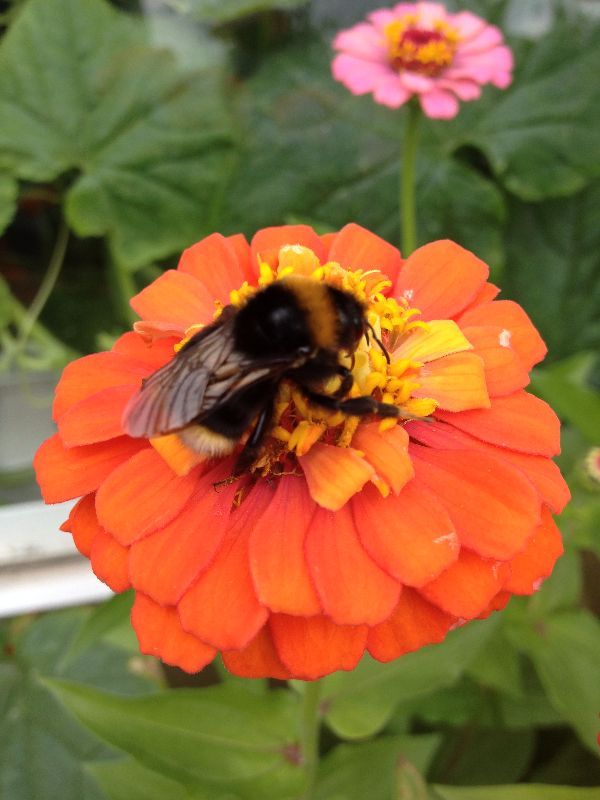
Gardening for pollinators
Our most popular talk! This presentation lasts an hour and provides an overview of different pollinators found in the UK, reasons behind their declines, why we need to conserve them. Mark provides information on how we can cater for them in our gardens and how to make the best plant selections to provide for their needs.
Do managed Honey Bees compete with wild bees for floral resources?
A new talk proving very popular with beekeepers and conservationists alike. Mark draws on some of the 250 research papers published in the last decade which provide conclusive evidence that honey bees can harm wild pollinators through resource competition. We’ll explore the competition mechanisms and put together the individual research findings like jigsaw pieces to paint the full picture in layman’s terms that everyone can understand.
This is not a bash the honey bees talk, its focus is on how we as beekeepers have manipulated and changed the honey bee which causes the problem. We’ll discuss ways that beekeepers can reduce their bees impact on wild pollinators so that our beekeeping is more sustainable and our bees can coexist in harmony with wild pollinators.
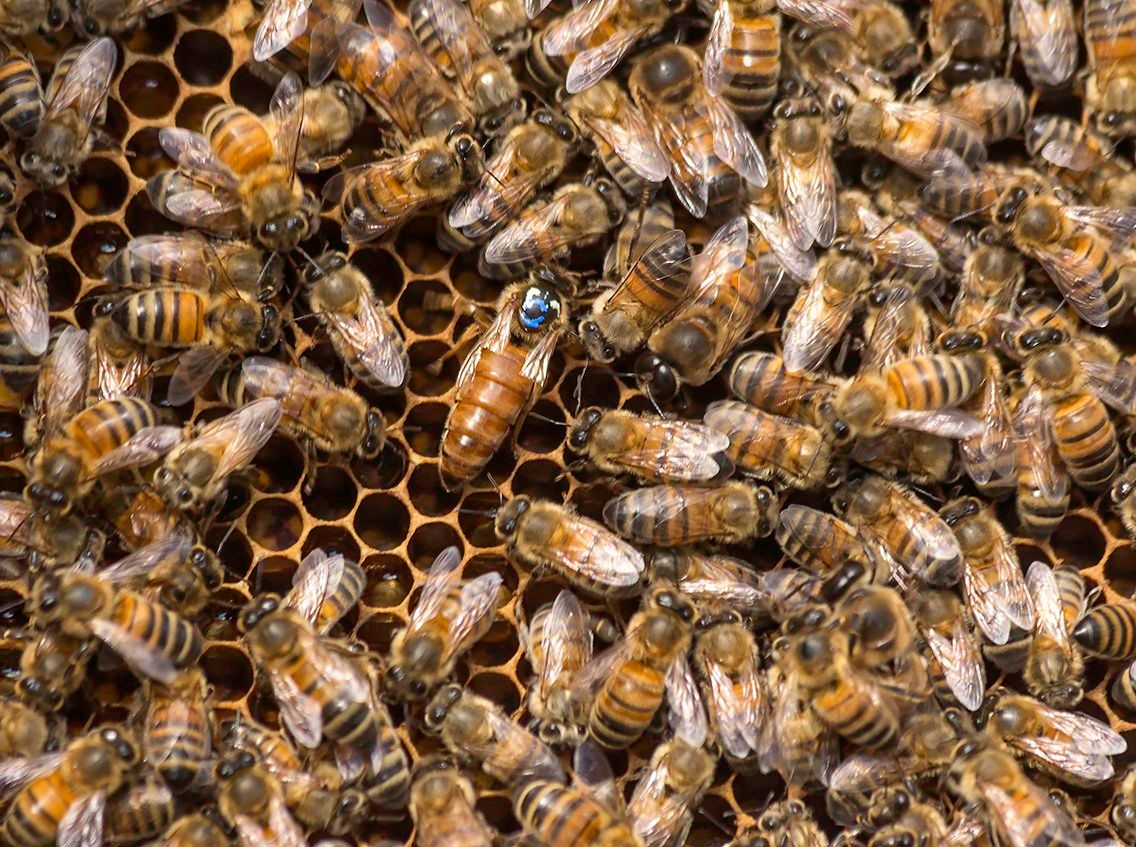
Nutritional and forage needs of the colony
A popular talk recently presented to beekeeping associations, City businesses, politicians and conservation groups.
In this talk we illustrate the mind boggling food requirements of the honey bee 'super organism' and take a detailed look at the London environment and how various organisations are working together to improve the city's green infrastructure to support honey bees and other pollinators.
Honey Bee pests, disease and pathogens
Mark draws on his past experience working for the National Bee Unit as a seasonal bee inspector to provide an overview of pests, diseases and pathogens beekeepers can encounter.
Many beekeepers can’t easily identify serious diseases in their hives or efficiently control Varroa which is the biggest pest issue for beekeepers.
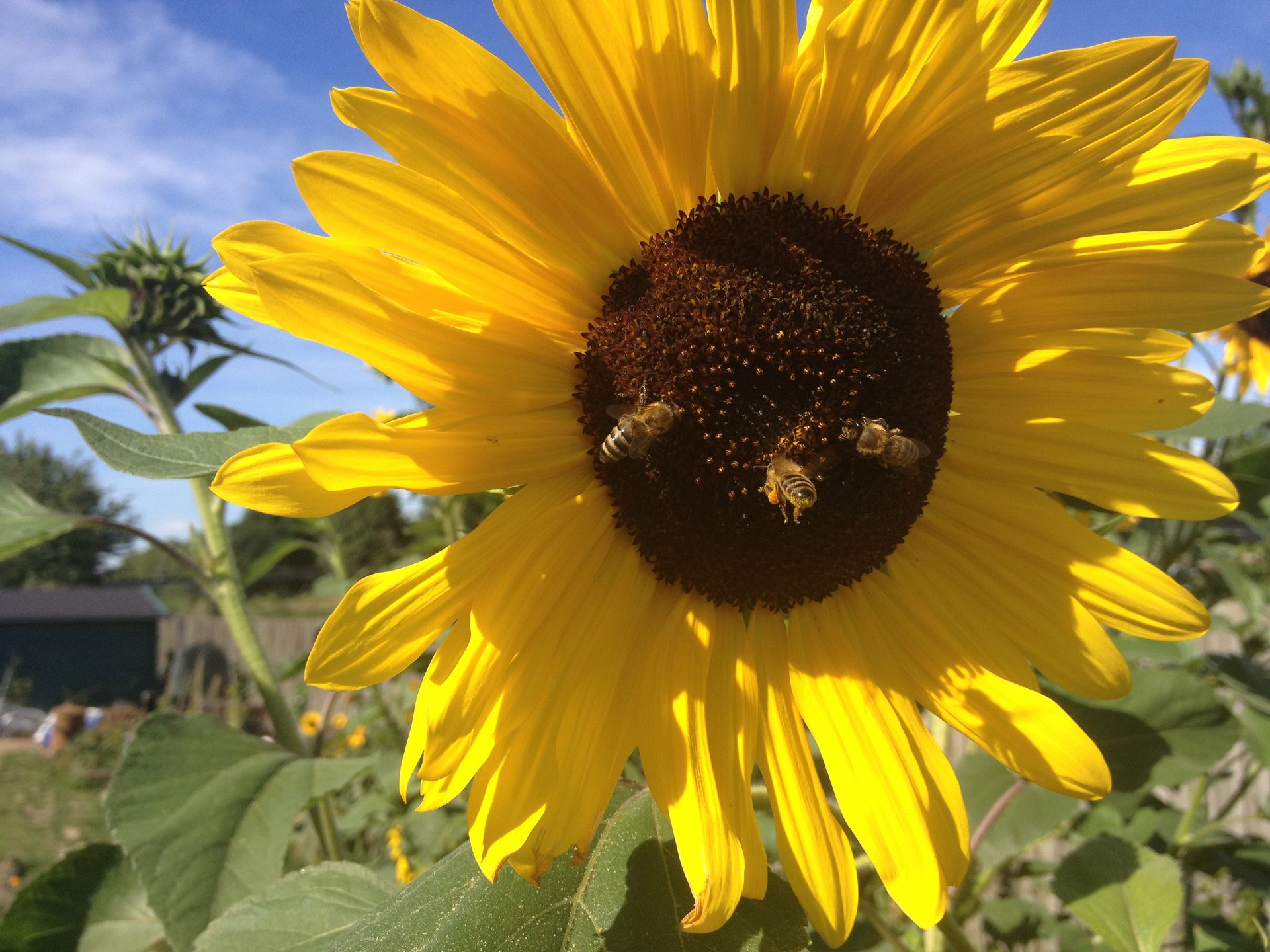
Aren't bees brilliant
This 1 hour talk provides a general overview of the bees, the different types and what makes them such efficient pollinators. The talk then focuses more on the honey bee, How they live, the castes within the hive, how they communicate to one another through the waggle dances and products we can harvest from the hive.
We have a short, simplified version of this talk which we have delivered many times to key stage 2 children. We can bring along our virtual hive, model hive, examples of wax, honey and propolis. We also have child sized bee costumes and beekeeper suits, a bee puppet and giant flower which can inject an interactive element to schools talks.
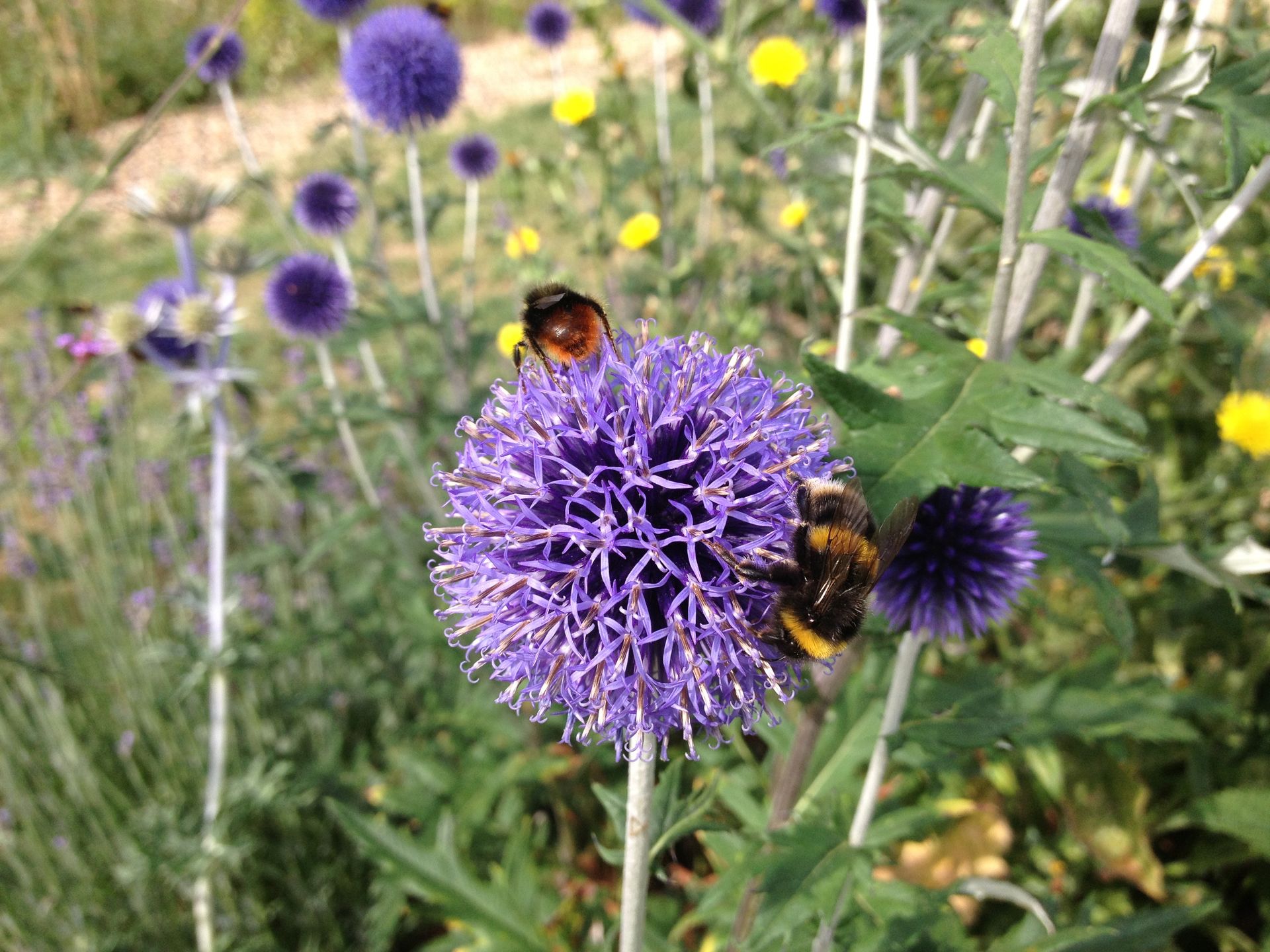
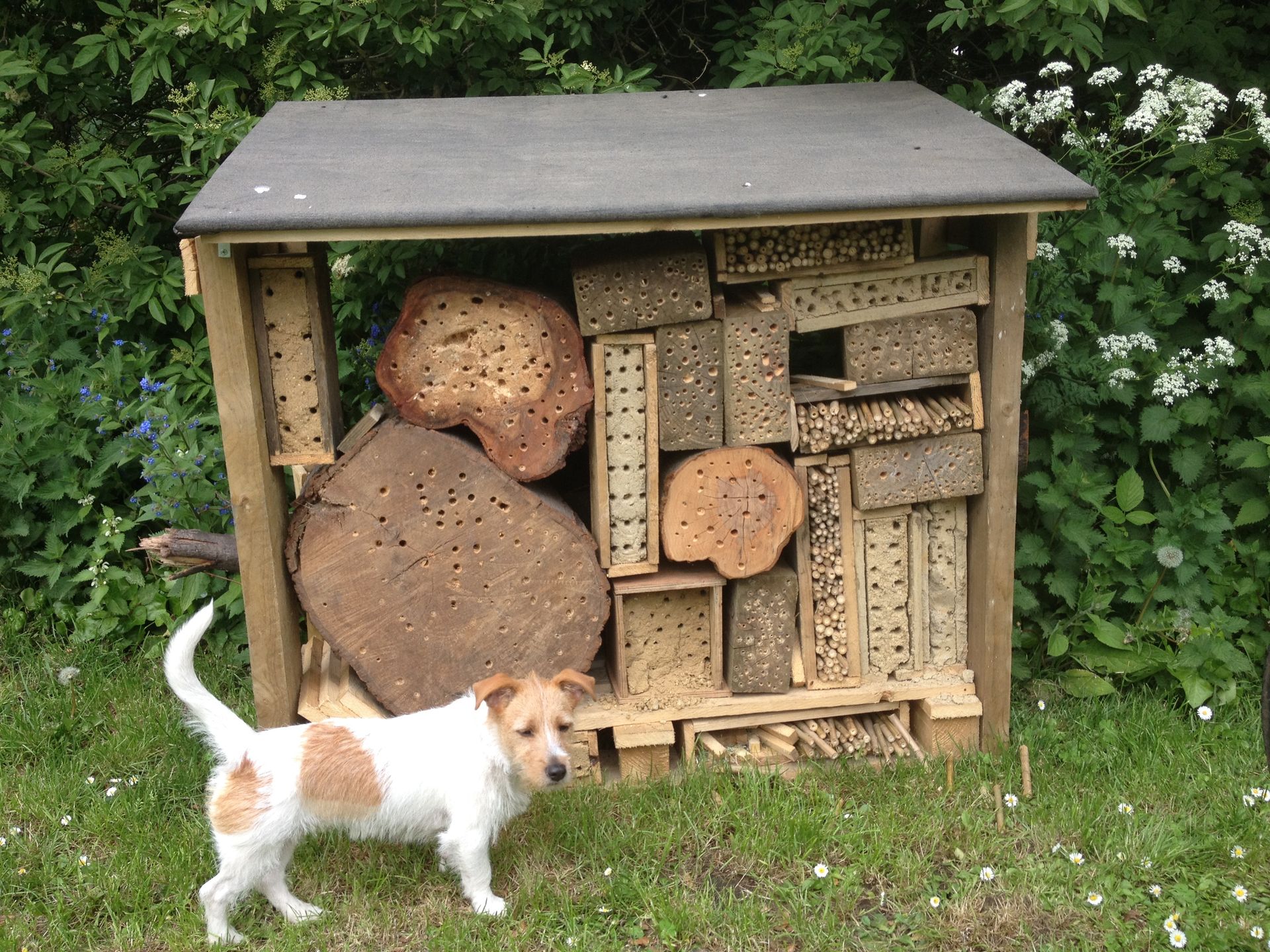
Attracting bees into your garden
This talk is similar in nature to the gardening for pollinators talk but has more focus specifically on bees. We examine the different types of wild bees which can be found in our gardens ( there are 273 species of wild bee in the UK) and learn which plants are most useful to them. This talk includes information on plants important for wild bees as nesting materials in addition to those which provide pollen and nectar. We also cover how to create nesting sites for wild bees.
We can include a practical make a bee nesting box workshop
We can include a practical make a bee nesting box workshop
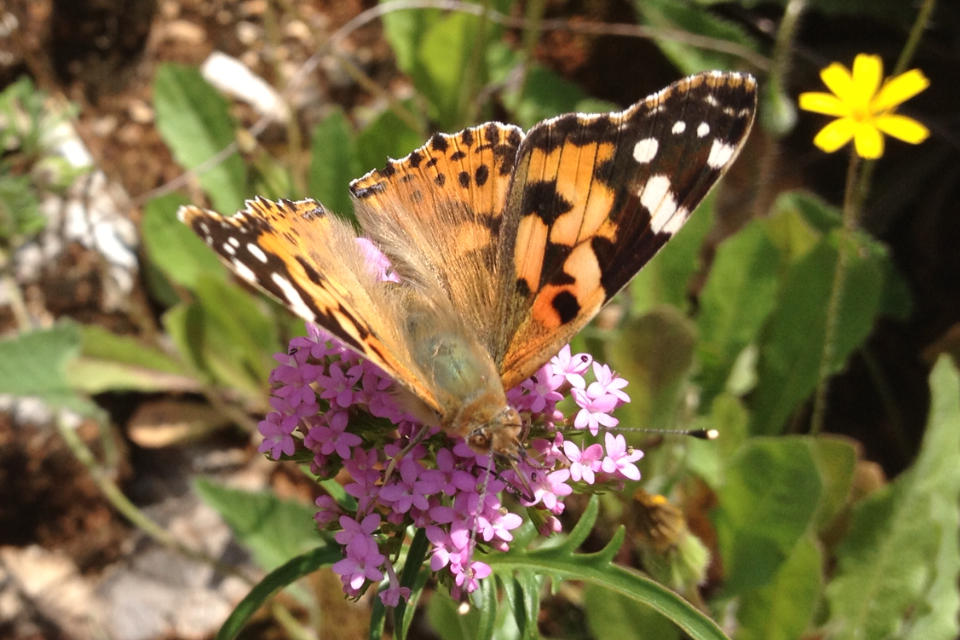
Climate Change and Pollinators
We created this talk for the Royal Horticultural Society's Spring 2014 Plant Show and it proved to be among their best attended talks of the 2 day event.
We start out by defining what is climate change? why should we be concerned and how will climate change impact upon our pollinators. We discuss which species will be impacted the most and look at some of the species which may actually benefit from a warming climate.
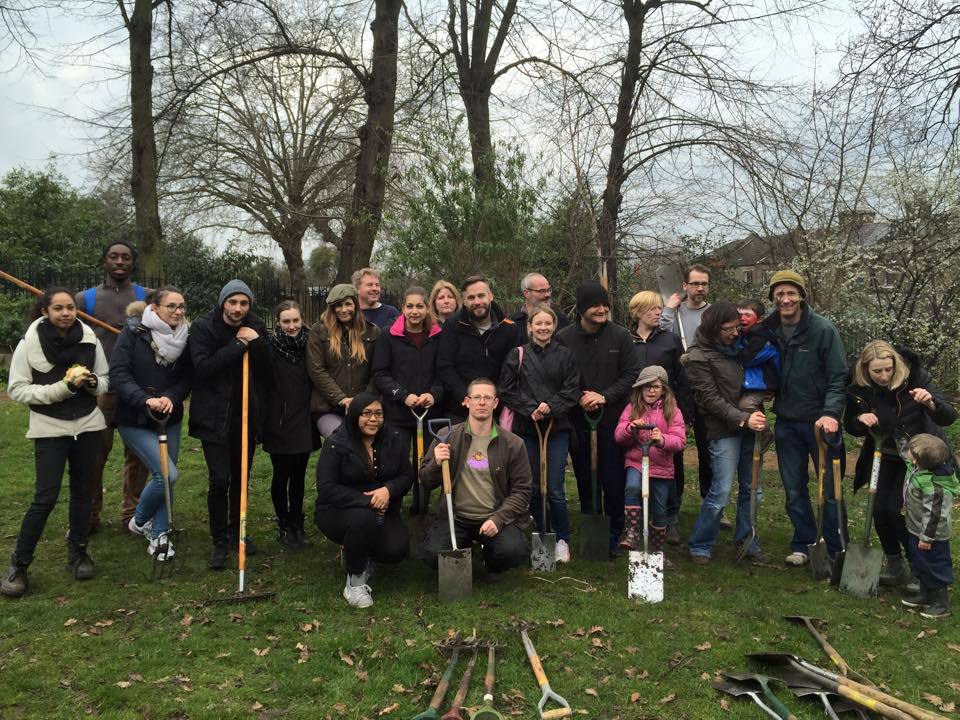
Habitat creation for pollinators
This talk provides examples of techniques used in habitat creation and restoration to benefit pollinators. Examples focus predominantly on flower rich meadow creation and management drawing on marks 20+ years as a professional ecologist and conservation professional.
The presentation includes some of the many examples of Mark's work over the years creating wildlife habitats. An ideal talk for beekeeping associations exploring habitat creation for bees.
Previous groups we've given this talk to include Friends of Clapham Common, the Woodfield group Tooting Common and local wildlife groups.

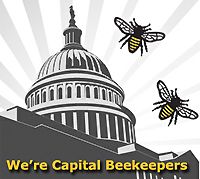
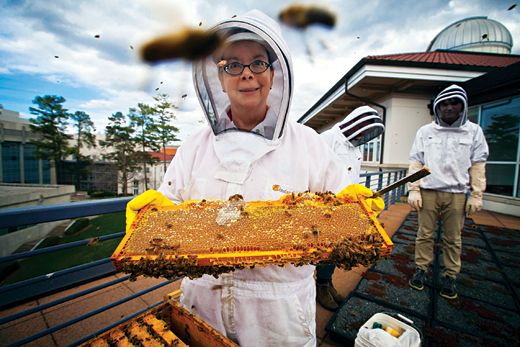
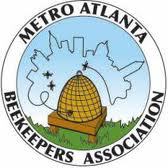
In this talk mark draws on his many experiences of visiting amateur beekeepers in the USA and his involvement in developing a schools education program in collaboration with US beekeeping associations and environmental educators.
Mark discusses the differences in US husbandry techniques compared to our own here in the UK.
This talk also covers differences in amateur beekeepers representation, their community structure/organisation and lack of a nationwide membership organisation. Mark discusses beekeeper education programs in the US and the perils of migratory beekeeping.
Mark also draws conclusions on the threat of Small Hive Beetle to the UK based upon his experiences of the pest in the US and demonstrates examples of techniques used to successfully manage the pests.
We have examples of beetle jail traps used by American Beekeepers to trap and remove beetles from their hives.
The talk concludes with a comparison of some major US cities, their beekeeping communities and access to green space and forage.
The talk concludes with a comparison of some major US cities, their beekeeping communities and access to green space and forage.
We can bring along samples of American honeys from beekeepers mark met on his travels.
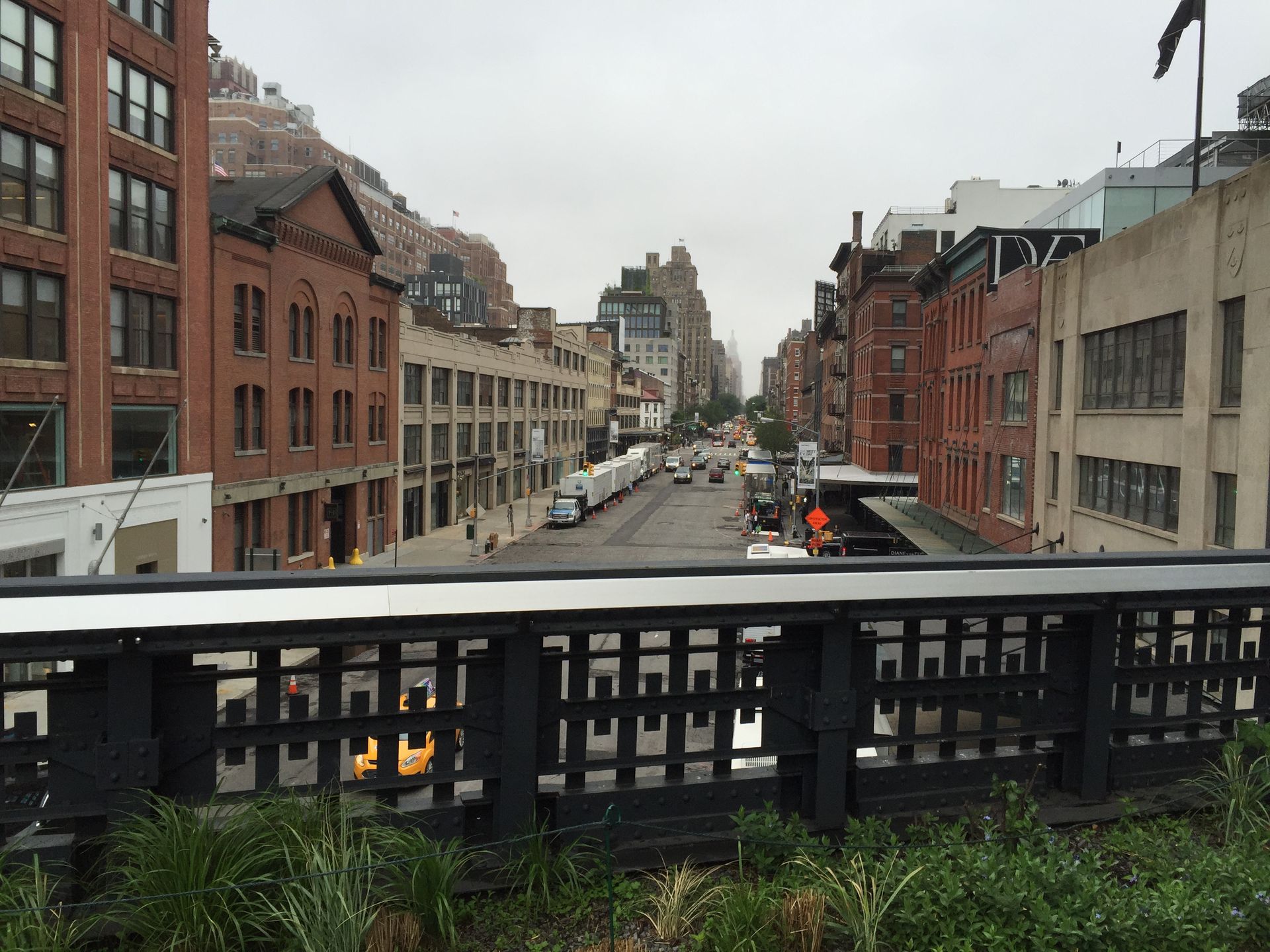
Beekeeping in the city
This talk begins with an insight into how Mark became involved in beekeeping and the reasons why many city dwellers like him take to the hobby.
The talk then covers the benefits of city beekeeping, the wide diversity of forage in our towns and cities and the many challenges that come with urban apiculture including the need to avoid swarms, Hive theft's and vandalism.
The talk ends with honey tasting from a selection of urban honeys.
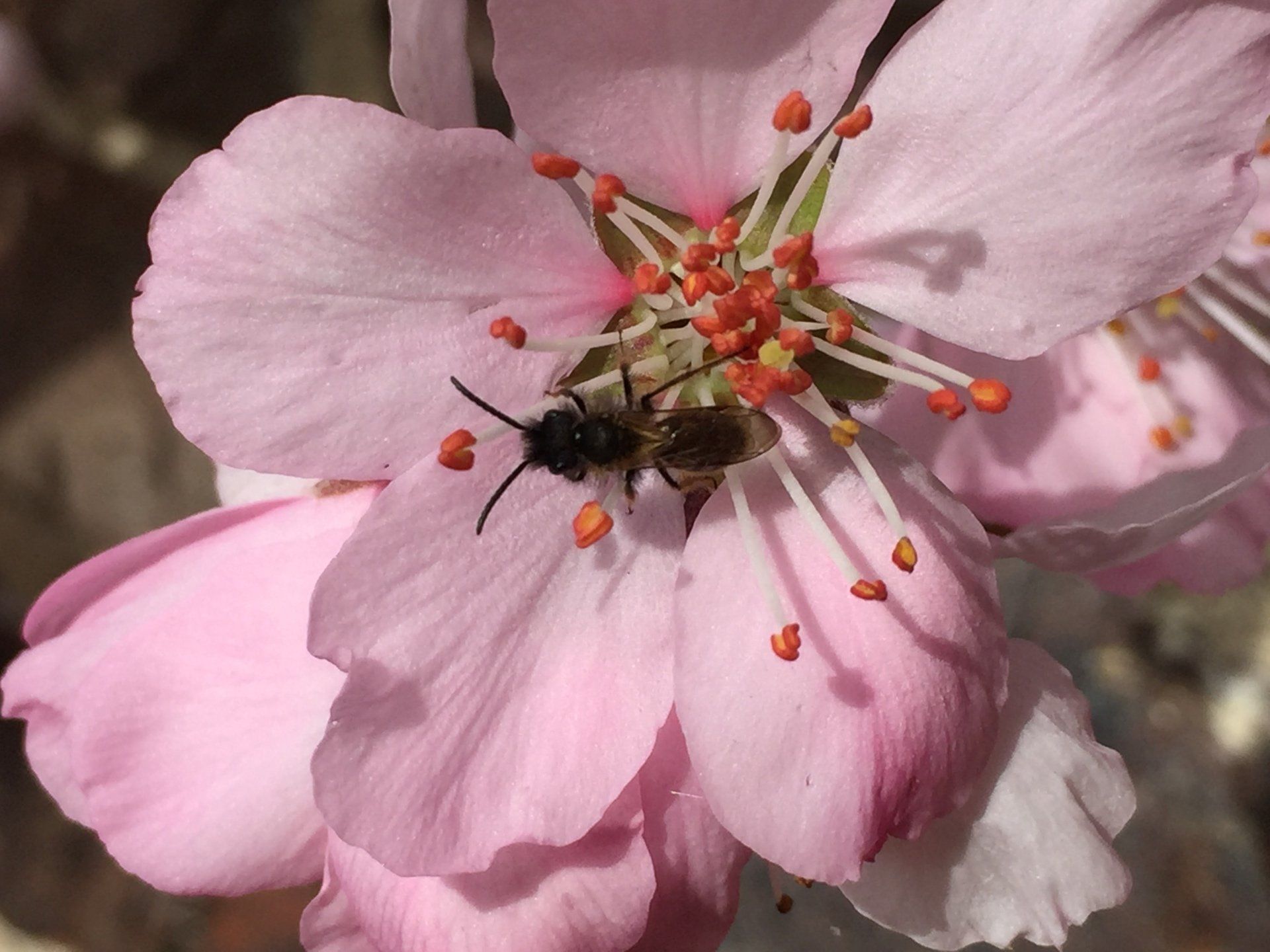
The Bees that pollinate our food
In this fascinating talk we shed light on a whole plethora of bees from around the globe which are essential in the production of everyday foods we eat. Honey bees receive the lion's share of attention as commercial pollinators but it is really the wild bees which pollinate so many of our most nutritious and valuable foods.
Discover colourful Euglossini bees which pollinate Brazil Nuts, tiny stingless Melipona bees from Mexico which are the sole pollinator of Vanilla, ground dwelling Peponapis Pumpkin Bees, The fast declining bees which are essential in Cranberry and Blueberry production and the 33 species of bee which bring you your morning Starbucks Coffee.
